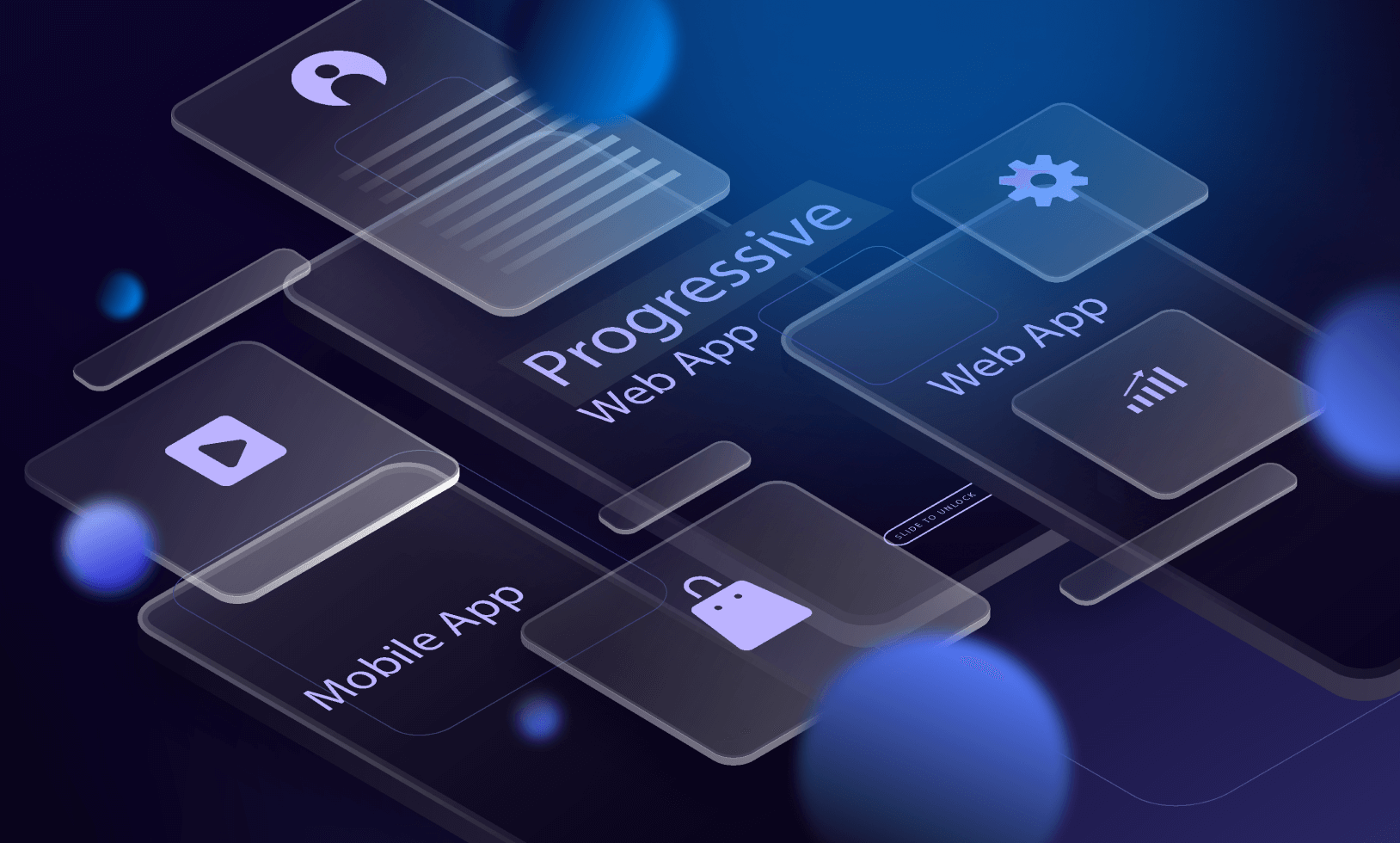
Design-led transformation. From brand to experience
Create unified digital experiences to enhance customer experience and build loyalty

Design-led transformation.
Create unified digital experiences to enhance customer experience and build loyalty

Design-led transformation.
Create unified digital experiences to enhance customer experience and build loyalty

Design-led transformation.
Create unified digital experiences to enhance customer experience and build loyalty

Design-led transformation.
Create unified digital experiences to enhance customer experience and build loyalty
Understanding clients’ needs, long-term commitment and speedy delivery make us one of the most award winning tech firms in the industry.
Our global team of experts is continuously creating new technology solutions to enable our clients to stay ahead of the competition.
Technology has the power to change lives, making our love for it eternal and at TechyWave, we always use technology in a creative and ethical manner.
We mean what we say, we respect our colleagues, clients, and business partners and strive to meet commitments. We are upfront, honest, ethical, and sincere.

Fintech innovation & regulatory compliance.

Patient-centric data & predictive analytics.

Smart factory automation & quality control.

Omnichannel experiences & inventory optimization.

Real-time tracking & predictive routing.

Network optimization & 5G solutions.

Smart grids & renewable integration.

Digital learning platforms & impact analytics.






To empower businesses with cutting-edge technology solutions that drive efficiency, security, and scalable growth.

To be the world’s most trusted technology partner by pioneering innovation and delivering measurable impact.